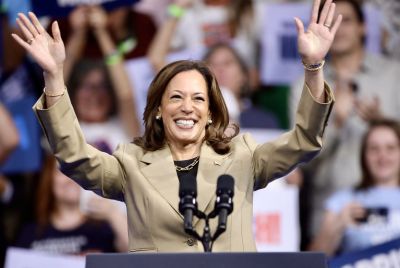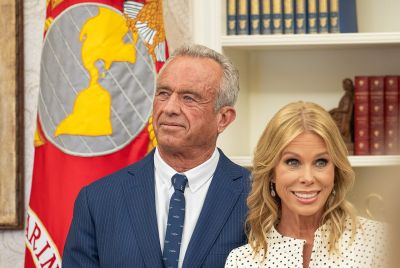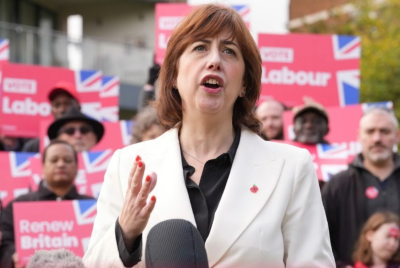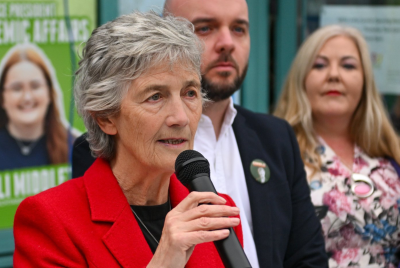George Osborne's 'Anti-Business' Speech Ignores Moderates as much as the Left
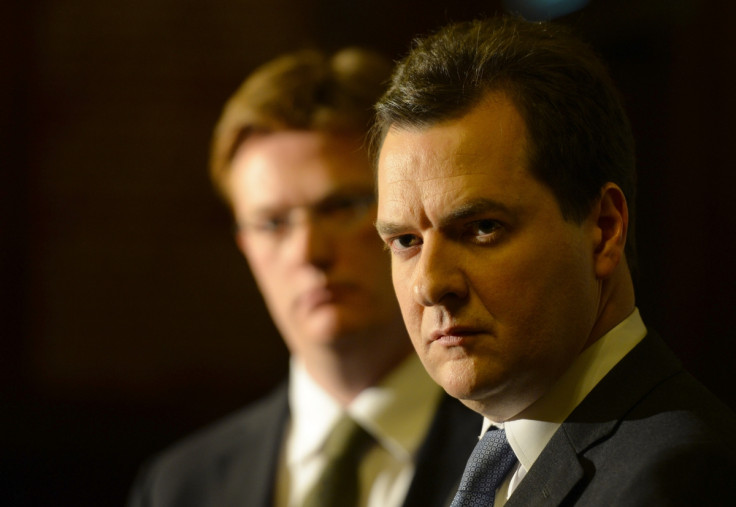
Today the chancellor George Osborne will accuse political opponents of being "anti-business" and enemies of free trade.
The chancellor takes aim at Labour's support for an increase in minimum wage, rent controls and a freeze in energy prices. He says Ukip wants to "pull up the drawbridge and shut Britain off from the world".
In a speech to the Confederation of British Industry to be delivered this evening, extracts of which were released in advance, he will say: "Price and incomes controls, re-nationalisations and erecting the government as the enemy of business and wealth creation will lead Britain down a path of relative economic decline.
"(The) consensus that we put the national economic interest first – ahead of opportunist party advantage – is under threat for the first time in 25 years."
In the run up to an election, strong rhetoric is to be expected and Conservative support of the free market is hardly a surprise. But this, an exercise in dichotomisation, dilutes the UK political debate to a new extreme.
The implication is that you either support the free market in full-frontal, free-wheeling form, or you don't have the interests of Britain at heart. That you either support a landlord's right to charge as much rent as it likes, or you're unpatriotic.
He's painting an intricately nuanced debate as being black and white – a stance which should concern moderates as much as it does those on the left.
In Osborne's world, it's impossible to have any centre ground; there is no happy medium. For a chancellor who has spent four years trying to prise back together a financial sector blown apart by a lack of regulation, this is irresponsible.
For those who enjoy the fact that British businesses can export overseas, but would rather maintain some control over the health service, this should be a concern.
For those who are quite content to see some foreign investment in, say, UK construction, but don't want to see a complete lack of regulation in our consumer markets, alarm bells should be ringing.
Osborne has tried to take two political opponents out with the same misnomer – that questioning the free market is an act of heresy – and in doing so, has revealed a swing to the right that he would never have had the courage to show two years ago.
Osborne is now unafraid to trumpet the benefit to business over the consumer. Corporation tax cuts are good, minimum wage is bad.
He has, over the course of his time in office, never enjoyed the levels of popularity he has now. It's a speech which highlights the chancellor's ascendency more than anything else.
Of course, there is the UKIP factor: this could be perceived as a last ditch effort to stall the ascent of Farage and co ahead of tomorrow's European elections.
Either way, it ignores the views of plenty of people who were concerned about the privatisation of Royal Mail, who worry about the future of Britain's scientific research sector should Pfizer's takeover of AstraZeneca go ahead (as unlikely as it now seems) and who have just lived through six years that showed that capitalism without brakes can be a very dangerous beast indeed.
© Copyright IBTimes 2025. All rights reserved.






